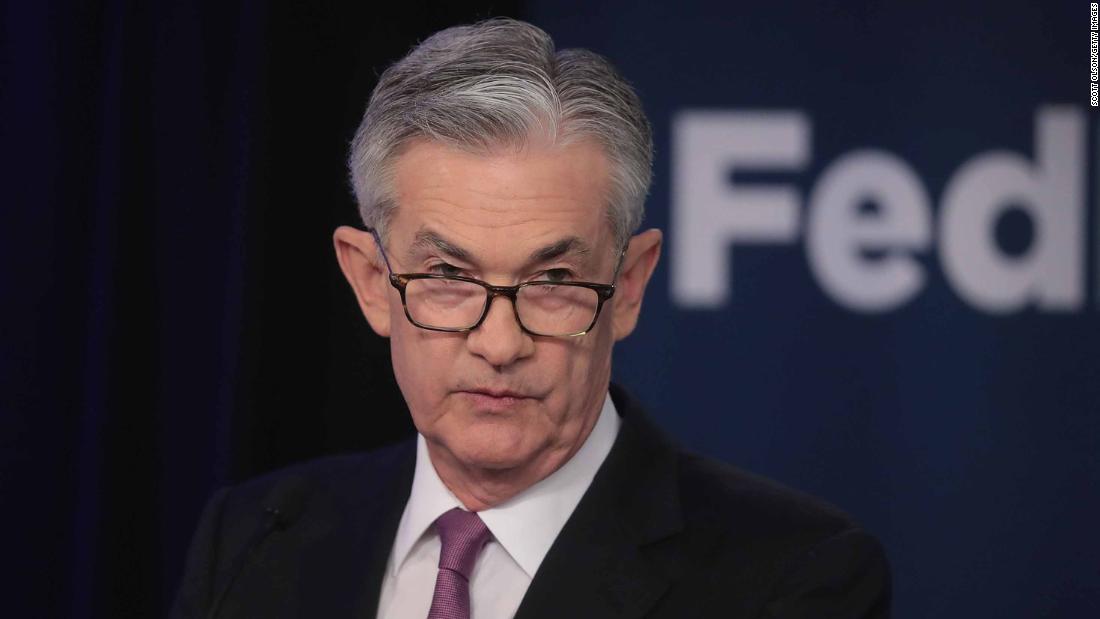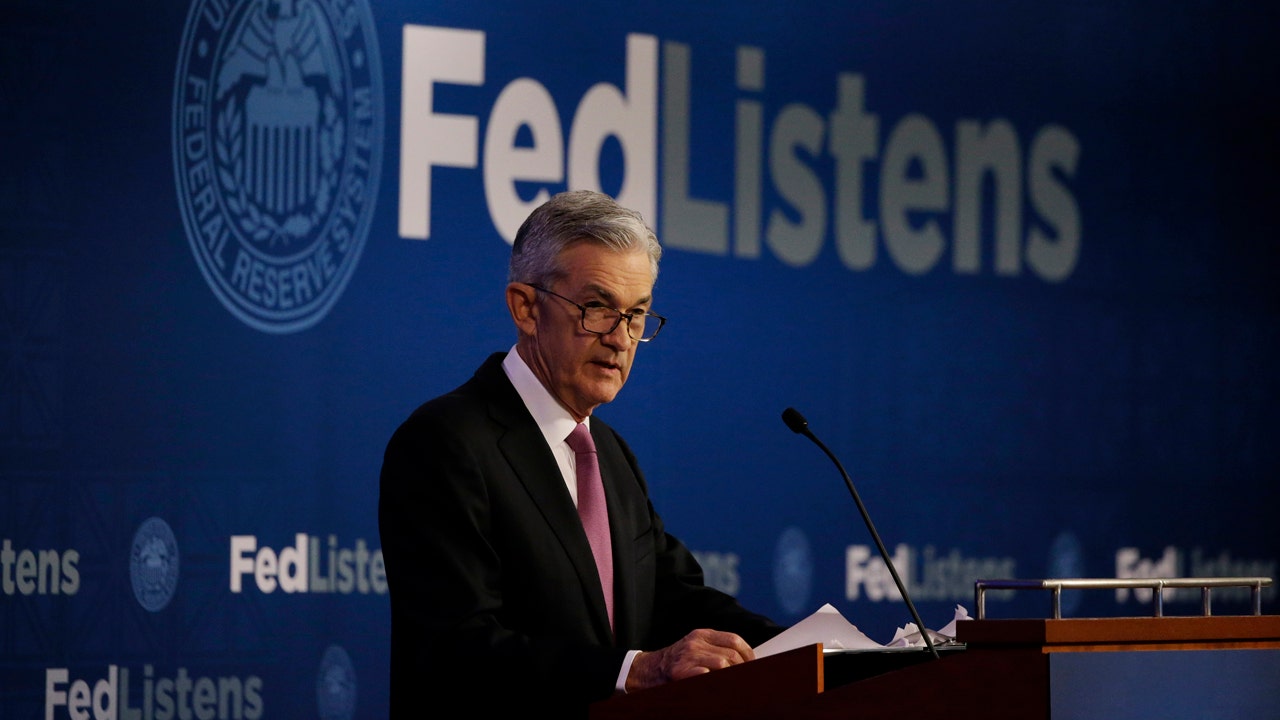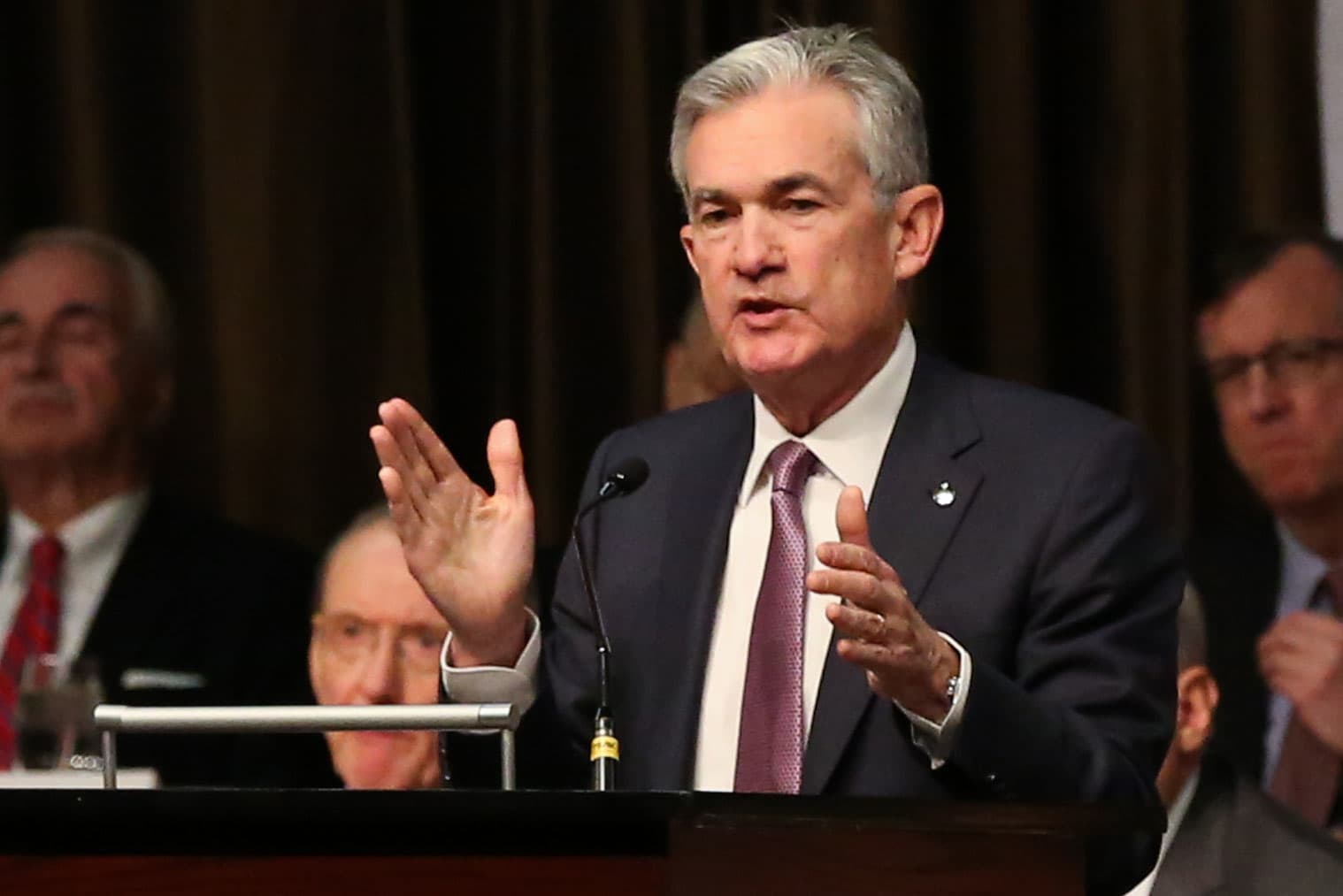
The Federal Reserve is listening carefully for recommendations on better achieving its dual mandate of maximum employment and price stability, but expectations are tempered for what the Fed may ultimately do at the conclusion of its review process.
At a conference in Chicago, Fed officials heard from academics and other stakeholders with no shortage of ideas on how to best tweak the central bank’s monetary policy strategies. The review covered a lot of ground: from the way the central bank aims at its 2% inflation target, the metrics that it uses when evaluating maximum employment, and the available toolbox of “unconventional” policies during the next crisis.
“When things are strong is when you really need to make sure your roof isn’t leaking,” University of Michigan professor of public policy Susan Collins told Yahoo Finance on Tuesday. “This public conference is partly about that.”
Although it appears that a lot of changes are on the table, some say the Fed may ultimately end up on nothing more than some slight tweaks to its current monetary policy framework.
Average-inflation targeting
In particular focus is the Fed’s approach to inflation, where the central bank has persistently undershot the 2% inflation target that it adopted in 2012. Since then, readings of core personal consumption expenditures (the Fed’s preferred reading of inflation), have only touched or breached 2% once.
Policymakers have proposed variations of dynamic inflation targeting, ranging from a “nominal GDP targeting” strategy that targets spending levels to a temporary price-level targeting that allows the Fed to overshoot inflation when interest rates are near-zero.
Yet the expectation is that the Fed will ultimately land on something less radical: an average-inflation targeting scheme where the Fed would state its intention to aim for inflation above 2% to compensate for periods when inflation is below 2%.
“Ultimately, our sense is that this conference will generate a considerable amount of headlines, but the likeliest tangible impact will be a fuller consideration of a shift to average-inflation targeting,” Compass Point’s Isaac Boltansky wrote in a conference preview note on June 3.
For his part, Powell has lowered expectations for the degree of expected change out of this review, saying in March that the process will more likely produce “evolution rather than revolution.”
Deutsche Bank wrote May 30 that they would characterize the review as “refining, rather than reinventing the wheel.” They are even more skeptical of a change in approach to inflation than Boltansky, writing that they do not believe the Fed will make any explicit commitment to make-up for a shortfall of inflation.
Being ‘bolder’ on inflation could be helpful
Collins said that while the Fed is listening to a wide variety of views, a lot of potentially helpful changes have been taken off the table.
One example: raising the 2% inflation target.
Some have criticized the 2% target for being arbitrary, sparking worries that the Fed may have given itself too little room on prices without providing proof for why 2% is the magic number.
“Some of us think that being a little bolder there would be helpful,” Collins told Yahoo Finance. But Collins said the Fed tends to stay away from making dramatic changes outside of crises, when it is forced to do so.
One paper presented at the conference suggested a 3% inflation target, for example. But the Fed has made it clear that it is going to keep its 2% target, and instead tweak its methodology for getting to that target.
The conference hosted a number of other papers, some with more modest suggestions and others with more dramatic proposals for change. For example, a discussion on Fed communications included a recommendation from University of California, Berkeley Professor Jón Steinsson to simply add a link to the Fed’s yearly statement on longer-run goals to its regular policysetting meeting statements to remind market participants that the Fed thinks beyond the short-run. Yet another paper on maximum employment from University of Maryland professors Katharine Abraham and John Haltiwanger challenged the Fed to come up with a whole new way to measuring the labor market beyond the currently available unemployment and unemployment gap statistics.
Modifying the dot plots
In question is also the Fed’s dot plots, which project the policymakers’ estimates for where the federal funds rate will be in the future. Although Powell has criticized the dot plots for being a “source of confusion” to markets at times, discussants at the conference Tuesday appeared to advocate for keeping them but making modifications to the way the Fed shares them.
A paper from Brandeis’s Stephen Cecchetti and New York University’s Kermit Schoenholtz recommended that the Fed release a “matrix” that links projections for growth, unemployment, inflation, and interest rates to each FOMC participant.
Some in the room worry that such a disclosure would push the public to place too much emphasis on the Fed chair’s plot points.
Deutsche wrote that the dot plot is “unlikely to be eliminated,” writing that if the central bank does end up near zero interest rates again, it will need the plots again to offer forward guidance to the public.
In the mean time, the Fed is still working its way through its “Fed Listens” tour, which involves conferences across the country.
The Fed has said it will announce the findings of its review in the first half of 2020.
—
Brian Cheung is a reporter covering the banking industry and the intersection of finance and policy for Yahoo Finance. You can follow him on Twitter @bcheungz.
Fed: Tight labor market 'did little' to narrow economic disparities
The 'naked' short: how it helps an IPO from plummeting on day one
Congress may have accidentally freed nearly all banks from the Volcker Rule
Read the latest financial and business news from Yahoo Finance
Follow Yahoo Finance on Twitter, Facebook, Instagram, Flipboard, SmartNews,LinkedIn, YouTube, and reddit.
https://finance.yahoo.com/news/fed-conference-chicago-monetary-policy-framework-092419489.html
2019-06-05 09:24:00Z
52780307955932





